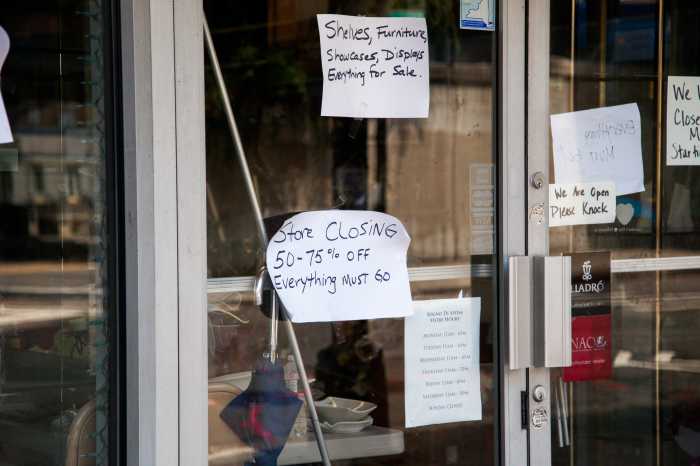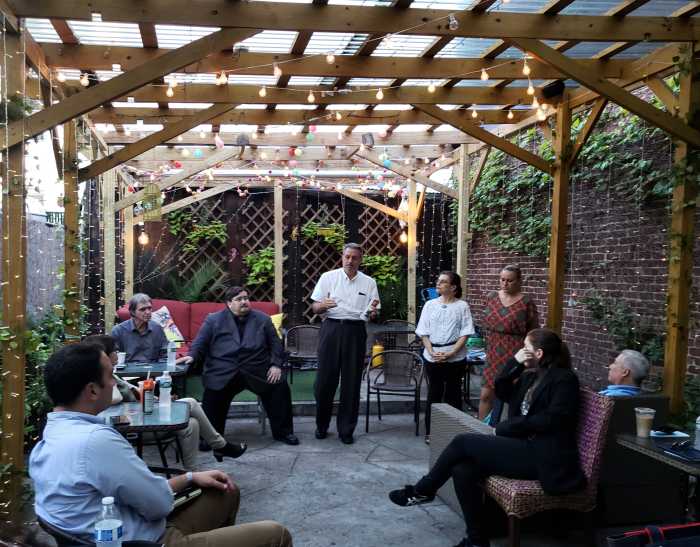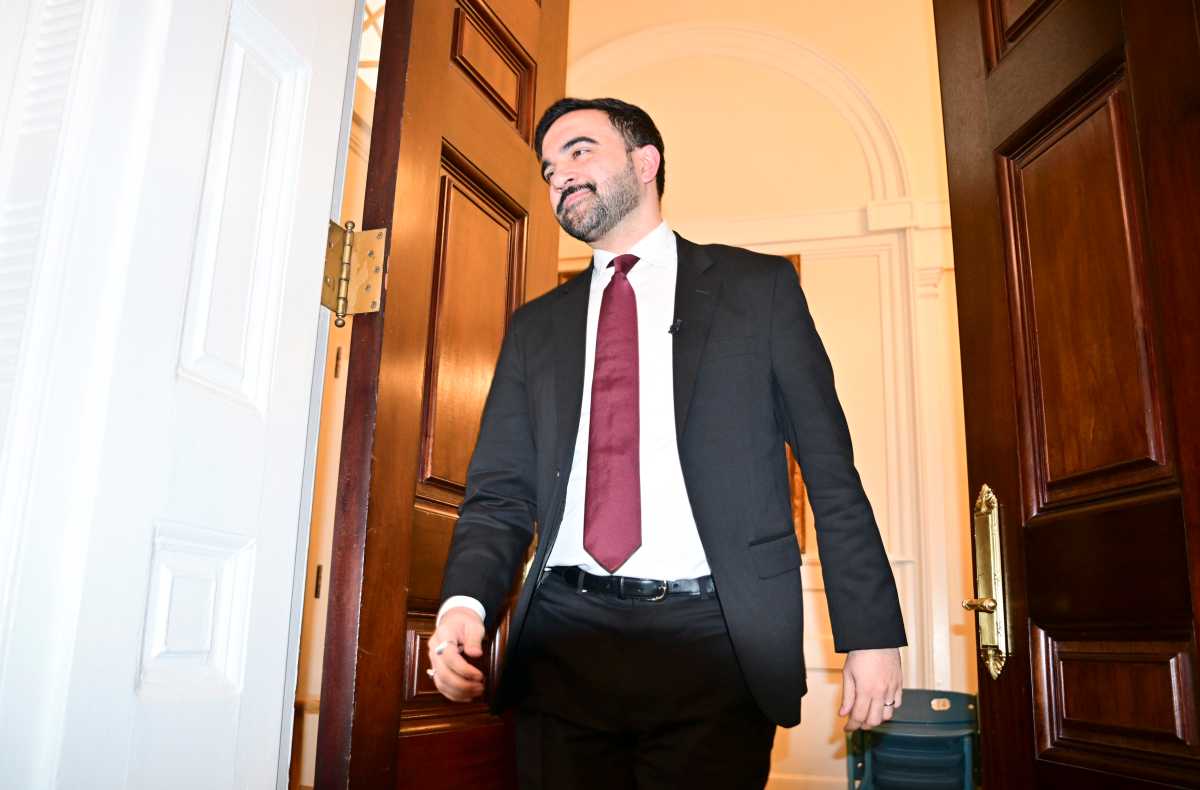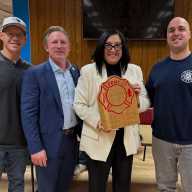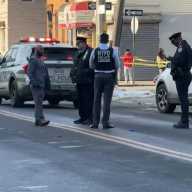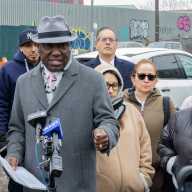BY THOMAS J. GRECH
To be a business owner in Queens, you have to be a survivor.
Since 2007, businesses have battled the depths of the Great Recession, the damage of Hurricane Sandy, the pain of escalating rents of the past few years, and the devastation of the COVID-19 pandemic and economic shutdown.
Maintaining a business through just one of these obstacles is truly a feat. I know thousands who have made extremely difficult decisions to weather all of these storms.
And if we don’t take steps to strengthen our electrical grid today, we could soon be adding “rolling blackouts” to the list of calamities. New Yorkers have already faced difficult, life-altering challenges: from months of job losses, to food shortages, and even the lack of basic conveniences like toilet paper and hand sanitizer. Blackouts would be an immense challenge added to a long list of hardships in front of us.
That’s why NRG’s plan to replace outdated 50-year-old turbines at the Astoria Generating Station with state-of-the-art technology – the most efficient and cleanest available today – is so important. NRG will install a new turbine that immediately reduces onsite peak emission rates by up to 99 percent and result in the removal of nearly five million tons of greenhouse gas emissions over the next 15 years. That’s the equivalent of taking 64,000 cars off the road in Astoria. The new technology can also be converted to use zero carbon hydrogen fuel, transitioning to become a source of clean energy in the future.
The Astoria Generating Station is one of New York City’s “peaker plants,” specifically designed to start up quickly when the electrical grid needs support. Just a few weeks after 150,000 New Yorkers lost power from Tropical Storm Isaias, the importance of electricity reliability has never been clearer. It’s a certainty that more New Yorkers would’ve been without power if it wasn’t for peaking plants supporting the grid.
It goes without saying that our hospitals, schools, restaurants, shops, and small businesses cannot operate without reliable power. In the middle of the COVID-19 pandemic, hundreds of thousands of homes and apartments need more electricity because they are now the places where children are learning, parents are working, and vulnerable seniors are depending on air conditioning and heating for their health.
With climate change causing more extreme temperatures, it’s very likely that over the next few years, demands on the system will increase, making peaker plants even more essential. Astoria Generating Station alone will be able to power more than 375,000 homes, while reducing emissions and building for the future.
Failing to plan for peak demand is destructive – just ask California. On Aug. 14 and Aug. 15, the state was forced into rolling blackouts in the middle of a heat wave because there were not enough local power plants to meet demand. They even tried to purchase out-of-state power to make up the difference, but those plants were already committed to other customers. In short, we cannot allow what happened in California to happen in Queens.
The business owners I speak with in Queens fully support New York’s aggressive plans for addressing climate change. Renewable energy technology like wind turbines, solar panels, and battery storage are critical to ensuring we’re meeting our targets. But it’s just as important to recognize is that we need redundancy built into our power grid so that our economy isn’t susceptible to crippling blackouts. Until renewable technology can fully meet New York City’s needs, we need a backup power supply that can be called into action so that our businesses, homes, hospitals, and schools can continue to operate when the sun isn’t shining or the wind isn’t blowing.
NRG will remove some of the oldest turbines in our region and replace them with new technology that will be more efficient with significantly less emissions resulting in much cleaner air now. NRG is also making this investment on their own, without any subsidy from ratepayers or taxpayers. At the same time, this project will create 175 union construction jobs over three years and pump more than $325 million into the economy through 2040. In the middle of one of the worst unemployment crises in New York City’s history, we shouldn’t be turning our back on projects that offer these kinds of important economic benefits.
Queens business owners know a bad storm coming when they see one, and single-minded opposition to a critical infrastructure project would create all the conditions for another maelstrom. We have a better path: keeping the lights on in our homes and businesses and improving air quality now while Queens transitions to renewable sources of power.
Thomas J. Grech is the President & CEO of the Queens Chamber of Commerce, which has over 1,150 members serving more than 100,000 Queens-based employees.

![THOMAS GRECH[1]](https://qns.com/wp-content/uploads/-000/-1/THOMAS-GRECH1-scaled.jpg?quality=51&w=800)


